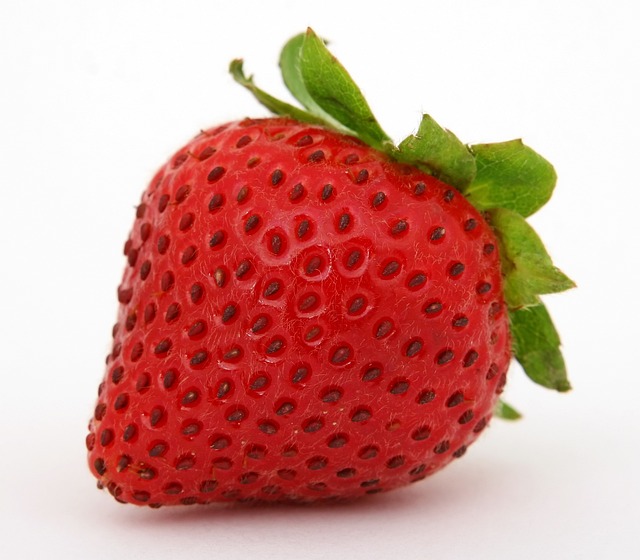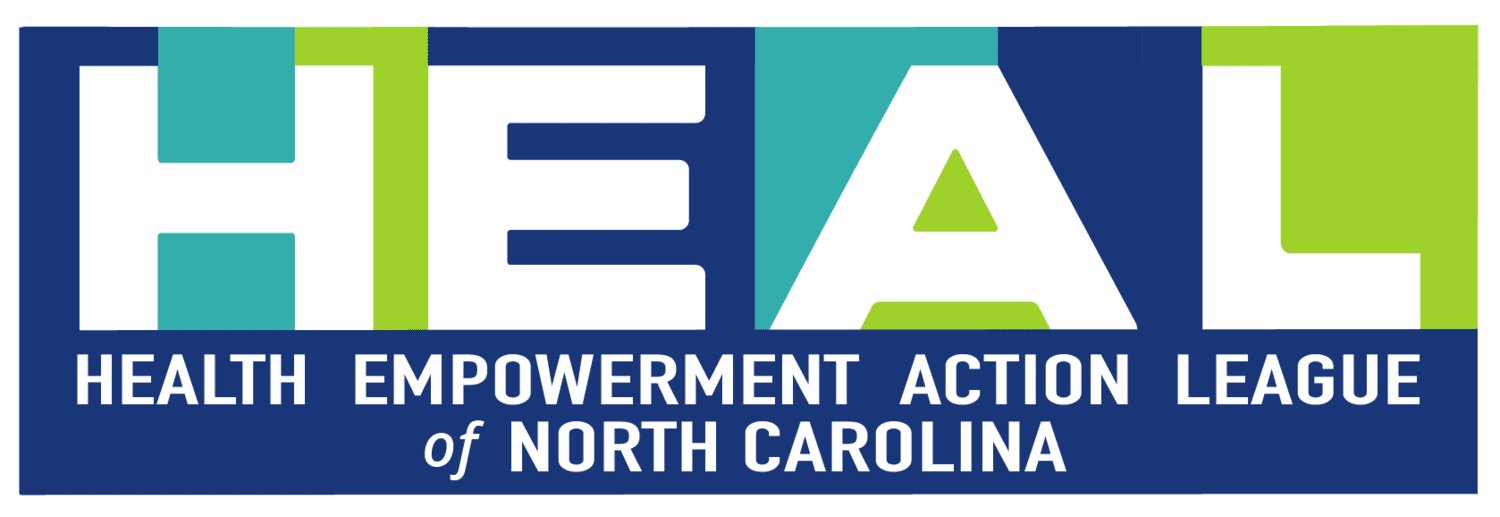Dirty Dozen and Clean 15: The Lists That Should Join You at the Grocery Store
Dirty Dozen and Clean 15: The Lists That Should Join You at the Grocery Store

America uses the second highest quantity of pesticides in the world. The damaging effects of these chemicals on the health of humans and the planet are becoming hard to ignore. The good news is that the EWG (Environmental Working Group) has researched conventionally grown produce to determine which foods remain low in pesticides and are safer to purchase. They also found which fruits and vegetables contain the highest amounts of pesticides. The EWG found that even after peeling, washing, and scrubbing 46 different fruits and vegetables there were over 250 different pesticides detected.
Organic food prices can be a barrier to many and this valuable information from the EWG can help ease our concerns when shopping for our families. The guidance they have provided points us to the produce that is low in pesticides when conventionally grown and which produce is heavily sprayed and needs to be organically grown. Let us first discuss why we are encouraging the avoidance of these once-hailed-miracles.
Dangers of pesticides
Most pesticides are oil based in order to prevent rainwater from washing off the chemicals. Special fruit and veggie washes may help with some of the external pesticide spray. However, the plants can contain copious amounts of pesticide residue inside as they are surrounded by these chemicals in their soil and water as they grow.
It was once thought that the small amount sprayed on foods was just enough to destroy the unwanted pests and not affect the consumer. We now know that these chemicals store up in the body, particularly in fat cells, allowing the body to become toxic over time. Regular detoxing is essential in this toxin filled world.
The harmful effects
One of the most prevalent pesticides used in the United States is glyphosate, or more commonly known as RoundUp, and we now have mountains of evidence linking its ingestion to gut lining problems, creating a condition called Leaky Gut (see references HERE, HERE and HERE). Beneficial bacteria are also disrupted, causing various digestive disorders. Since pesticides tend to store up in the colon, there is a special concern about the increased risks of colon cancer. In fact, the World Atlas has even reported that between 4,000 and 20,000 new cases of cancer (various types) each year can be attributed to pesticides.
The human body is run largely by chemical messengers we call hormones which are susceptible to disruptions in their balance. When imbalance occurs, virtually every system in the body can be negatively affected. However, the reproductive system takes the biggest hit.
A study done in 2010 on Atrazine, a widely used pesticide (especially on corn), showed that male frogs were being chemically castrated and some even turned into females. Biologist, Tyrone B. Hayes, found that it is likely a large contributor to the decline in amphibians worldwide. The decreased immune function seen in the frogs was suggested to be decreasing the population, too. This same study showed that human cells were impacted as well, even stating a relationship between birth defects and low birth weight when the pregnant mother was exposed to the pesticide. Other research shows increases in these outcomes for pregnant women who live within a quarter mile of agricultural crops using any kind of pesticide. One would think Atrazine would be banned in the US after the reporting and research on its hormonal effects. Fortunately, for Europeans, Atrazine has been prohibited by the European Union. The United States has not been so lucky and many foods tainted with Atrazine are still sitting on the grocery store shelves.
Many pesticides are also neurotoxic or neurodegenerative, meaning that they are damaging to our body’s main control centers; our brain and nerves. Sadly, agriculture workers, who have close regular contact with large quantities of pesticides are at increased risk for Cognitive decline, Dementia, and Alzheimer's Disease. However, researchers are now seeing these same increased risks after chronic low-dose exposure (i.e. the average consumer) especially when there are mixed pesticides (which is common) or the individual is vitamin deficient. Unfortunately, given the weak nutrient state of our produce due to growing conditions and pesticides, vitamin deficiencies are commonplace.
Time Magazine, reported on research in 2010 that linked ADHD to pesticide consumption. This study showed through urinalysis that presence of pesticides revealed a 50% greater prevalence of ADHD in the 1,100 children studied. Children and adults with ADD or ADHD are now encouraged to avoid pesticides and eat organic foods.
Because of the massive commercial use of pesticides, it is nearly impossible to fully avoid them, even if you eat exclusively organic. Runoff causes a large amount of these pesticides to end up in water used for the cooking of food. Wildlife is also affected by the pesticide contaminated water runoff. Their reproductive systems are altered by these chemicals and in some cases are causing a decline in species. It leads one to wonder if the animals we consume further expose humans to additional pesticides.
Where to begin?
Buying 100% organic 100% of the time isn’t always an option. The EWG’s Dirty Dozen and Clean 15 lists will make your shopping trips less overwhelming. The Dirty Dozen list includes the most pesticide ridden produce that should be purchased organically. The Clean 15 provides a list of fruits and vegetables that contain the lowest amounts of pesticides when grown conventionally. Knowing this information is helpful for those of us who desire organic but also need to watch the pocketbook.
Every year a new list comes out with a few variations, but the list mostly remains the same. For instance, strawberries are almost always on the Dirty Dozen because of the high level of pesticide contamination. Whereas, avocados, because of their thick skin, are usually on the Clean 15. Keep a lookout for the 2024 version, but for now, follow 2023’s recommendations. We have provided a “Clean Produce Shopping Card” that can be downloaded, printed out, and taken with you while you shop.
The lists
The Dirty Dozen (the 12 most pesticide ridden fruits and veggies). Purchasing organic is a priority:
Strawberries
Spinach
Kale, collards, mustard greens
Peaches
Pears
Nectarines
Apples
Grapes
Bell/hot peppers
Cherries
Blueberries
Green beans
The Clean 15 (these foods are the safest to buy conventionally, or non-organic):
Avocados
Sweet Corn
Pineapple
Onion
Papaya
Sweet peas (frozen)
Asparagus
Honeydew melon
Kiwi
Cabbage
Mushrooms
Mangoes
Sweet potatoes
Watermelon
Carrots
THIS WEBSITE IS NOT INTENDED FOR PROVIDING MEDICAL ADVICE
